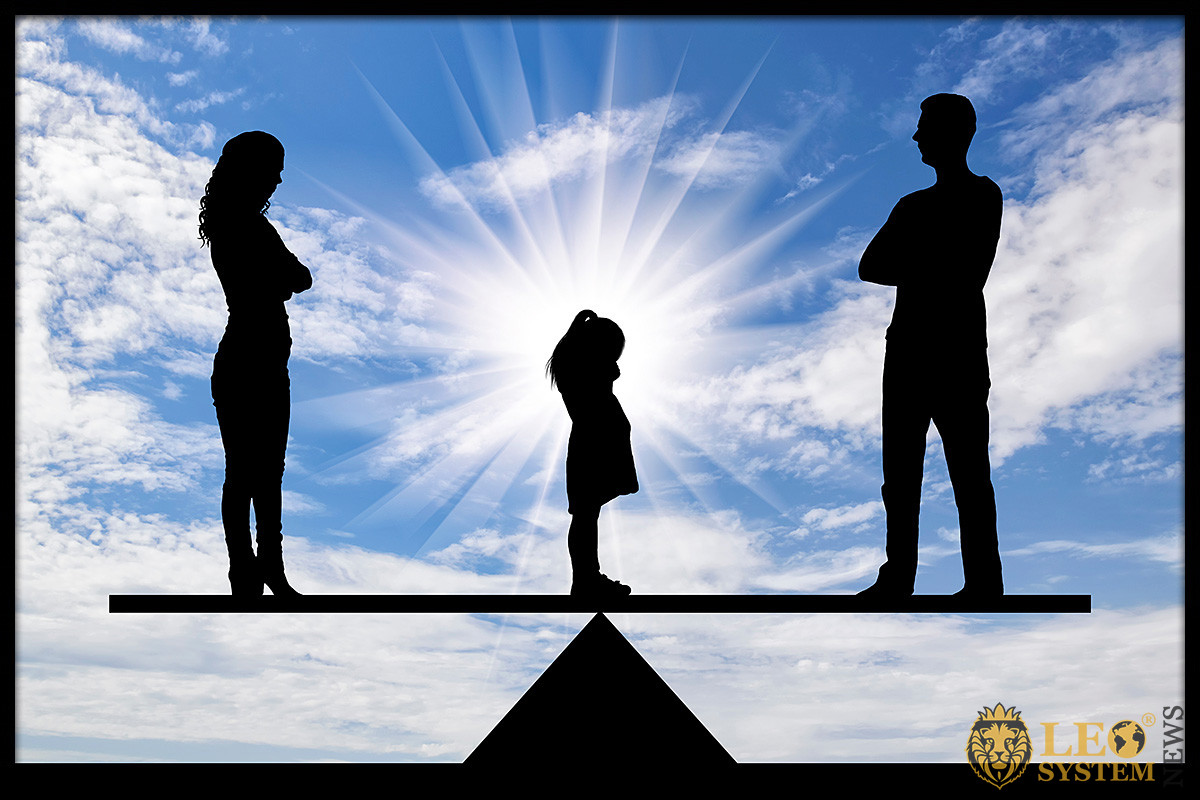The psychology of family conflicts is impacted by many different types of situations. Therefore, we will examine some of the things that impact it. We believe that it is always good to try to find practical and helpful solutions for conflicts as soon as possible.
Therefore, there will be some tips to help resolve conflicts that are experienced by adults and children in the home with the goal of achieving a warm and loving environment.
What Leads to Disagreements?
Naturally, there can be disagreements among those living under the same roof, who do not feel that their opinion matters, or who feel that they are not heard. This can happen frequently when there is no open communication and respect. Adults may experience this with each other, and children may experience this when interacting with other children in the family unit.
Children can also have conflicts with their parents, and parents can have difficulties with children. Children and parents may not communicate properly. They may not really be respecting what each other is saying. This unfortunately results in frustration, anger and hurt feelings.
Pressures to be Aware of that Contribute to Conflicts!

Illness.
Illness is certainly a strong factor that can lead to conflicts in the home. This is because the person who is sick is too ill to be able to fully listen and fully be present. This can cause a breakdown in relationships in the family. Others in the family may place unrealistic demands on the person who is sick, which that person no longer is able to fulfill as a result of a lack of health.
Working Long Hours.
When someone is working long hours, the person may also be focused on work even when they are home. This can shorten the amount of time that the individual is able to give to others who really want to interact with them. The person may become defensive and justify the long hours of work and the lack of time with the family.
Stress.
Both children and adults can experience stress in many ways. Then, when the stress seems like too heavy of a load to bear, people become more irritated and do not interact with others in a positive manner in many cases. This then results in conflicts that can start brewing in a home.
Factors of stress can include worrying about paying the bills, hunger if there is a lack of food for children, being bullied at work or at school, poor grades at school, poor performance at work, too much work to do, a hectic schedule, strained relationships with co-workers or friends and more.
Fatigue.
When someone is exhausted all the time, everyday life can seem like a real challenge. For adults, it can seem hard to get dressed, get a meal on the table, do housework, get the kids off to school and perform at work. For children, it can be hard to start the day, do chores, pay attention in school, participate in activities, and do homework.
Looking at the Reality of the Psychology of Family Conflicts.
Thus, when all the pressures are considered that can lead to disruptions within a family, there will certainly be family conflicts. All the pressures that were mentioned are strong enough to make it hard for people to communicate and listen in a polite and respectful manner. All these pressures can make it strenuous for others to be considerate of the other family members.
Tips to Help Deal with Conflict that is Being Experienced.

1. Try to be Patient.
If a person is patient, this is a good way to help to restore peace to a family. When one person takes the initiative to be patient, this helps to motivate others to also demonstrate patience. This is a great way to restore equilibrium to the relationships.
2. Talk Openly.
Take the time to address the issues. Do this in a respectful manner. Be receptive to what others are saying and try to find a solution that will be beneficial to each person.
3. Deal with the Stress.
Do not let stress continue to build. Deal with the stress by getting rid of toxic friends that are impacting your family in a negative manner. Do not put up with bullying. Get help for children who are being bullied. Limit and reduce all stress as much as possible in order to gain strength and a fresh focus to resolve issues in the family.
4. Get Enough Rest.
It is important to make sure that both adults and children get enough rest. When people feel rested, they are better able to interact with others in a more positive manner. This greatly reduces conflicts and makes family members more ready to be more communicative and collaborative in a beneficial manner.
5. Take Responsibility for a Work-Life Balance.
Even though people must work, there is a need for real balance in regard to work and home life. This will tremendously improve the home environment. This will produce better outcomes for the individual and for the rest of the family members, who will then sense that they truly matter and are heard.
6. Be Compassionate Towards those who are Ill.
The family members need to realize that someone who is chronically ill cannot always be there as the person was before being ill. Instead of demanding so much from an individual who has become ill, the family members should try to do what they can to help the person.
This will empower the sick one to be more engaged with the family. All the members will truly benefit from this response.
Conclusion.
Conflicts do happen and there are several pressures that contribute to them. But those pressures should not be ignored. When they are realized and addressed, this leads to a real reduction and resolution of conflicts in the home.
It is always best to implement resolutions as soon as possible in order to prevent situations from escalating. When the tips that we mentioned here are followed, families can get along in a warm and loving environment.
Read the article: Psychology of Human Behavior in Society
































